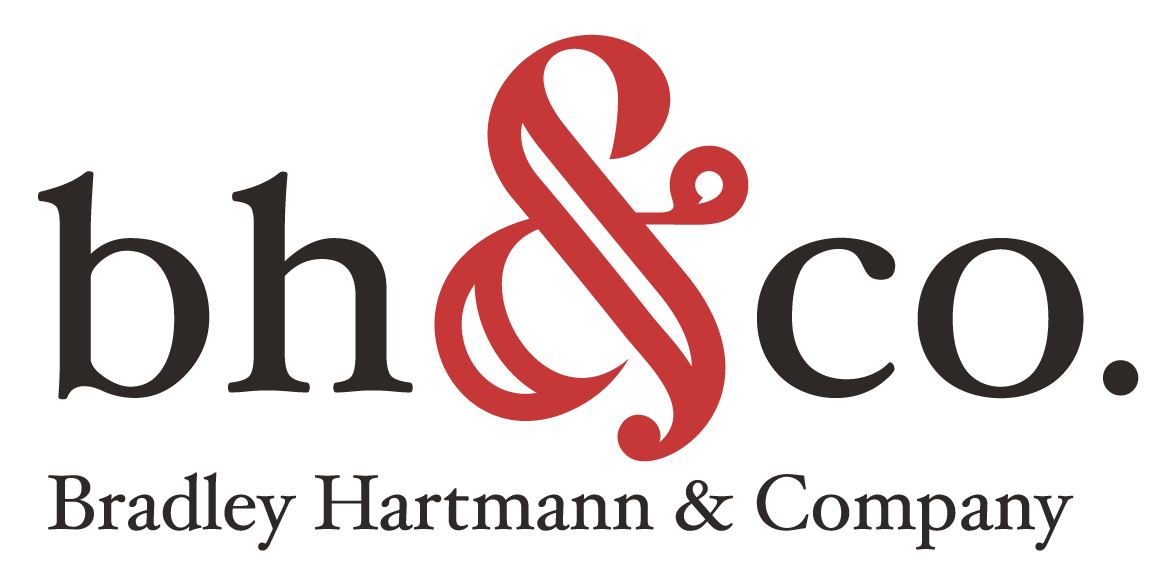The Heartbeat of Every Meeting
Brace yourself—what you’re about to read may shock you.
The majority of face-to-face meetings and conference calls can be accurately classified somewhere between “not as effective as they could be” and “complete and utter wastes of time that suck my will to live.”
Too harsh? Maybe.
But . . . can you think of a recent meeting you attended where you thought to yourself, “Ugh, why are we still talking about this? I have actual work to do!”
My point exactly.
While inefficient team meetings are soul-crushing wastes of your time, leading such meetings with prospects is a sure-fire way to lose business. Having been on “the other side of the desk” working for a national homebuilder for more than a decade in project management and purchasing, I can attest: when a supplier wasted my time once, they rarely got a second chance.
After all, if you cannot manage a 30-minute meeting effectively, how can I trust you’ll manage your team effectively on my project? Despite the frequency of meetings, few among us employ a consistent framework to ensure those meetings deliver results. To differentiate yourself in your next meeting or on your next call, use the CPR Time Framework. Consider this framework the heartbeat of every meeting.
Let’s break down the four elements of the CPR Time Framework.
Context
Every strategy begins with the current business context. What is happening now that moved us to meet? What has changed? What fears, dangers, opportunities, and challenges are real to us now—or will be approaching soon? What new market forces are impacting us that deserve our attention?
Purpose
Once the context is articulated, what is the specific purpose of this meeting? Start with one specific purpose and state it in a way that cannot be misconstrued. Write it down.
Results
What do you want to get out of this meeting? This is critically important for sales professionals because this is where we foreshadow our call to action at the end of the meeting. Plant the seed at the beginning of the meeting regarding what you will ask for at the end of it.
Time
Professionals are intentional with their time. You are a professional; act accordingly. Start the meeting on time. Clearly state the duration of your meeting. Have the meeting. Then end it on time.
"You've set the stage for an effective meeting and positioned yourself as someone who values time."
Imagine you received a call from a dream prospect—Johnson Homes—last week and you have a conference call in twenty minutes. You wisely think to yourself, “Hey . . . I could use that today and look smart!”
Indeed. You can. After some friendly opening banter, your call could go something like this:
“Tom—do you mind if I take a quick step back to ensure we make good use of our time here together?”
“Uh, sure. Go ahead.”
“Thank you . . . (Context) I appreciate you reaching out to us last week to discuss your upcoming high-profile project at Manchester Farms. (Purpose) Our purpose here is to better understand your goals and objectives for the project and to determine if there is a good fit between our companies. (Results) If we mutually determine there is a fit between us at the conclusion of today's meeting, the result would be a second, more in-depth meeting between us to be scheduled in the next two weeks. (Time) And we scheduled thirty minutes for today's call with a hard stop at 11:30. Does that sound reasonable for everyone? Did I miss anything?”
Thirty seconds later, you've set the stage for an effective meeting and positioned yourself as someone who values time. If you are reading this, confused, as you think “I’ve spent more than half my working hours this week in meetings and they have been . . . candid and energizing and oh-so effective!” well, you've accomplished the (almost) impossible—congratulations!
For the rest of us, there is the CPR Time Framework. By using this simple framework, you will avoid death by a thousand mindless meetings. Your team will stay more focused, your meetings will be more efficient, and you will get more done.
As always, thank you for reading!

